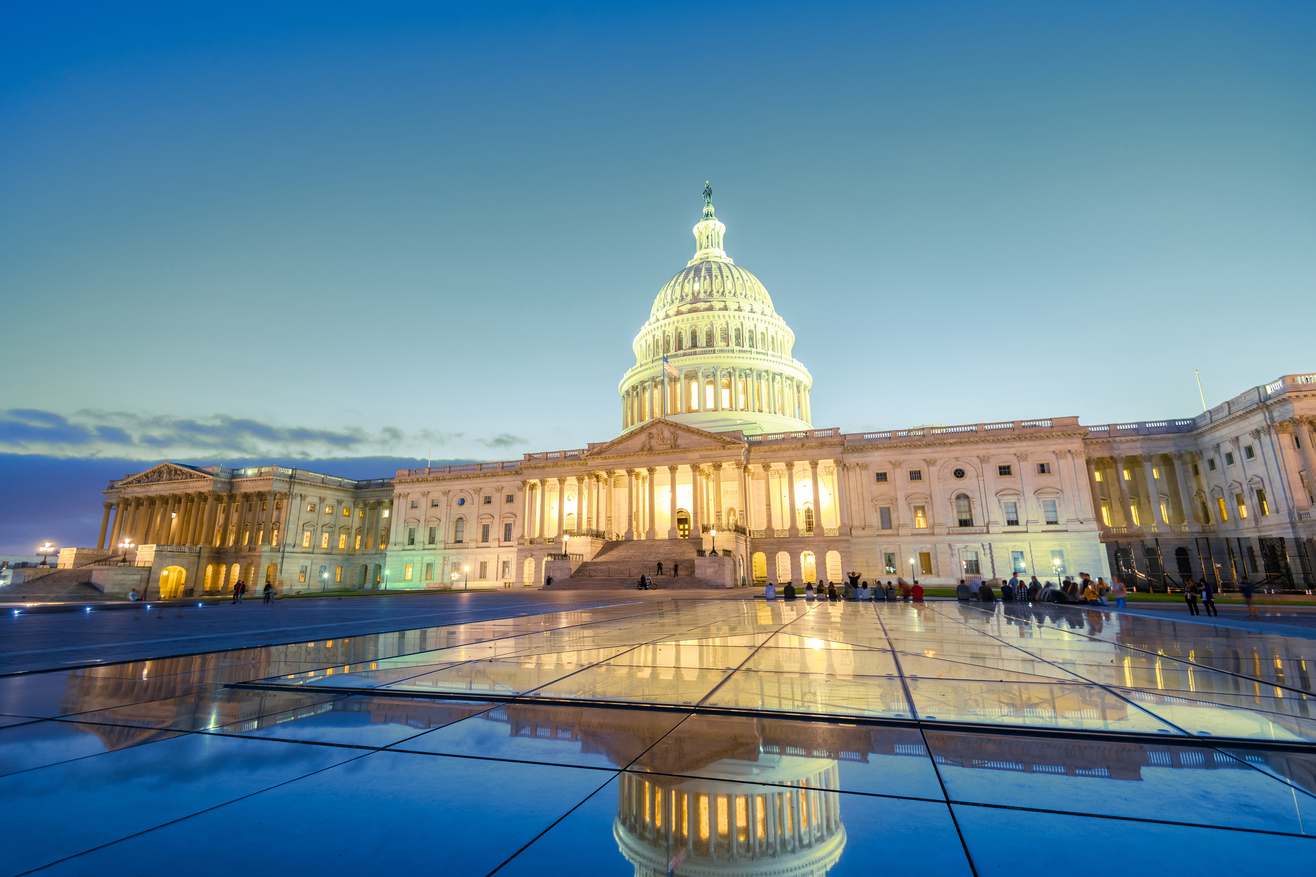What are the Benefits of Digital Marketing in Political Campaigns
Digital marketing refers to the use of various digital channels and technologies to promote a product or service. In the context of political campaigns, digital marketing can play a crucial role in reaching voters and winning their support. With the increasing use of technology and the rise of social media platforms, political campaigns can now engage with voters in a more personalized and effective way.
Digital marketing provides numerous benefits to political campaigns, some of which are:
- Targeted Outreach: One of the biggest advantages of digital marketing is the ability to reach a targeted audience. Political campaigns can use digital marketing strategies such as social media marketing, email marketing, and mobile marketing to reach voters in specific geographic areas or those who have shown interest in specific issues. This allows political campaigns to tailor their messages and engage with voters in a more relevant and meaningful way.
- Cost-Effective: Digital marketing is often more cost-effective than traditional marketing methods, such as print or television advertising. Political campaigns can reach a large audience through digital channels for a fraction of the cost of traditional advertising methods. This makes it possible for smaller campaigns to compete with larger campaigns and reach a wider audience.
- Real-Time Feedback: Digital marketing allows political campaigns to receive real-time feedback from voters. This can be done through various digital channels, such as social media and email marketing, where voters can provide instant feedback on a political campaign’s message and platform. This feedback can be used to adjust and improve the campaign’s digital marketing strategy in real-time.
- Increased Engagement: Digital marketing allows political campaigns to increase engagement with voters. By using digital campaigning strategies, such as live-streaming events, conducting Q&A sessions, and creating shareable content, political campaigns can encourage voters to engage with their message and take action, such as voting or sharing the campaign’s content with their friends and family.
- Measurable Results: Digital marketing provides measurable results, making it easier for political campaigns to track the effectiveness of their strategies and make informed decisions about future campaigns. This can be done through various tools and analytics, such as Google Analytics and social media insights, which provide data on website traffic, engagement rates, and conversions.
Digital marketing is becoming an even more crucial aspect of modern political campaigns and has the potential to greatly impact the outcome of the election. By leveraging effective digital marketing strategies, such as social media marketing, email marketing, mobile marketing, and video marketing, political campaigns can reach a larger audience, increase engagement with voters, and ultimately, win their support. Political campaigns should consider incorporating digital marketing into their overall strategy and continuously evaluate and adjust their efforts to ensure they are reaching voters in the most effective and efficient way possible.
Political campaigns must also ensure that they comply with relevant laws and regulations, such as the Federal Election Commission’s guidelines on political advertising. This includes ensuring that all digital marketing efforts are transparent, accurate, and do not include false or misleading information.
The Key Digital Platforms for Political Campaigning
Digital marketing has become an essential aspect of political campaigns in the modern era. With the rise of technology and the increasing usage of social media platforms, political candidates can now reach out to a larger audience and engage with them in a more personalized way. In the upcoming political campaign season, digital marketing strategies will play a crucial role in reaching out to voters and winning their support.
Here are some key digital marketing strategies that political campaigns should consider in their branding efforts to reach their audience and win their support:
- Social Media Marketing: Social media platforms such as Facebook, Twitter, and Instagram are powerful tools for political campaigns. These platforms allow candidates to share their message, engage with voters, and build a community of supporters. Political campaigns can create pages and profiles on these platforms and use them to share news, updates, and information about their candidates. They can also use these platforms to conduct surveys, polls, and Q&A sessions to understand the views and opinions of voters.
- Content Marketing: Content is king in digital marketing, and political campaigns are no exception. The key to successful content marketing is to create content that is valuable, relevant, and engaging to voters. Political campaigns should focus on creating content that educates voters on the candidates’ platform, policies, and vision. This can include blog posts, infographics, videos, podcasts, and more. The content should be shareable and easy to understand, and it should encourage voters to take action, such as voting or sharing the content with their friends and family.
- Influencer Marketing: Influencer marketing is a popular strategy that involves partnering with influencers to promote a political campaign. Influencers can include celebrities, journalists, bloggers, and other individuals who have a large following on social media. Political campaigns can reach out to influencers and ask them to share their message and promote their candidates. This strategy is particularly effective for reaching younger voters who are more likely to trust influencers than traditional sources of political information.
- Email Marketing: Email is still one of the most effective forms of digital marketing. Political campaigns can use email to communicate directly with voters and build a relationship with them. This can include sending out newsletters, updates, and special offers. Political campaigns can also use email to target specific groups of voters, such as those in a particular geographic area or those who have shown interest in specific issues.
- Mobile Marketing: Mobile devices are becoming an increasingly important aspect of digital marketing. Political campaigns should ensure that their digital marketing strategies are mobile-friendly and that they are reaching out to voters through their mobile devices. This can include creating mobile-friendly websites, using SMS marketing, and running mobile optimized ads.
- Search Engine Optimization (SEO): Search engine optimization (SEO) is a crucial aspect of digital marketing for political campaigns. SEO is the process of optimizing a website to rank higher in search engine results pages (SERPs) for relevant keywords. This makes it easier for voters to find the campaign’s website and learn more about the candidates and their platform. Political campaigns should focus on optimizing their website for relevant keywords, creating high-quality content, and building backlinks from other authoritative websites.
- Video Marketing: Video is one of the most engaging forms of digital marketing, and it is particularly effective for political campaigns. Political campaigns can use video to share their message, engage with voters, and build a relationship with them. This can include creating video advertisements, live-streaming events, and conducting Q&A sessions on social media platforms.
Political campaigns should focus on creating a comprehensive digital marketing strategy that includes a mix of social media marketing, content marketing, influencer marketing, email marketing, mobile marketing, search engine optimization, and video marketing. By properly tracking data and leveraging multiple channels, political campaigns can reach a larger audience and better invest their advertisement budget.
Making Use of AI & Automation Technologies to Reach More Voters
The use of artificial intelligence (AI) and automation technologies has revolutionized the way businesses operate, and the political campaign industry is no exception. With these innovative tools, political campaigns can reach more voters, make data-driven decisions, and ultimately, create a huge competitive advantage.
One of the key benefits of AI technology is the ability to automate repetitive tasks and processes, freeing up valuable time and resources for campaigns to focus on more critical tasks. For example, chatbots can be used to answer common questions from voters, while automated email campaigns can keep voters engaged and informed about the latest developments in the campaign.
It’s important to note that while AI and automation technologies can be incredibly useful in reaching more voters and winning their support, they should be used in conjunction with human efforts. Personal engagement with voters is still a critical aspect of political campaigns, and AI and automation technologies should be used to complement and enhance these efforts, not replace them.
Here are some examples of how AI and automation technologies are being used in political campaigns.
- Chatbots: Chatbots have been a game-changer in the world of politics. They are used to interact with voters and provide instant responses to their queries. Political campaigns use chatbots to answer frequently asked questions, provide information about the candidate and their platform, and even collect data about voters’ preferences. Chatbots are also used to provide support and assistance to campaign volunteers and staff.
- Social Media Management: Social media is a crucial tool in any political campaign, and AI and automation technologies have made it easier to manage. AI algorithms can help monitor social media feeds, identify trending topics, and provide insights into what issues are important to voters. Automated tools can also be used to schedule and post updates, freeing up valuable time for campaign staff.
- Data Analysis: AI and automation technologies can help political campaigns analyze vast amounts of data to make informed decisions. This can include analyzing voter data to target specific demographics, predicting voter behavior, and identifying trends and patterns in voting patterns. AI algorithms can also be used to monitor the sentiment of social media posts and track the spread of political messages, providing valuable insights into how voters are responding to the campaign.
- Email Marketing: Email marketing is an important tool for political campaigns, and AI and automation technologies can help streamline the process. Automated email campaigns can be set up to send targeted messages to voters based on their interests and demographics, while AI algorithms can help analyze email open rates and click-through rates to optimize the campaign’s messaging.
- Fundraising: AI and automation technologies can also be used to streamline the fundraising process for political campaigns. AI algorithms can help predict which donors are most likely to contribute, and automate the process of reaching out to those donors. Automated tools can also be used to manage donor data, send thank-you emails, and provide insights into fundraising trends and patterns.
AI and automation technologies have the potential to revolutionize the world of politics by streamlining operations, improving outreach and targeting, and providing valuable insights into voter behavior. As these technologies continue to evolve and become more accessible, we can expect to see even more innovative applications of AI and automation in political campaigns in the future.
Digital marketing is a critical component of any successful political campaign in 2024 and beyond. By developing and executing effective digital marketing strategies, political campaigns can reach a wider audience, increase engagement with voters, and ultimately, win their support. The use of innovative technologies, such as AI and automation, can further enhance a campaign’s reach and impact, enabling them to reach more voters in a targeted and personalized way.
It’s important for political campaigns to stay current with the latest trends, platforms and best practices in digital marketing and to constantly monitor and adjust their strategies based on real-time data and insights collected. By doing so, political campaigns can ensure that they are effectively utilizing digital marketing to reach their goals and achieve success in the digital age.








